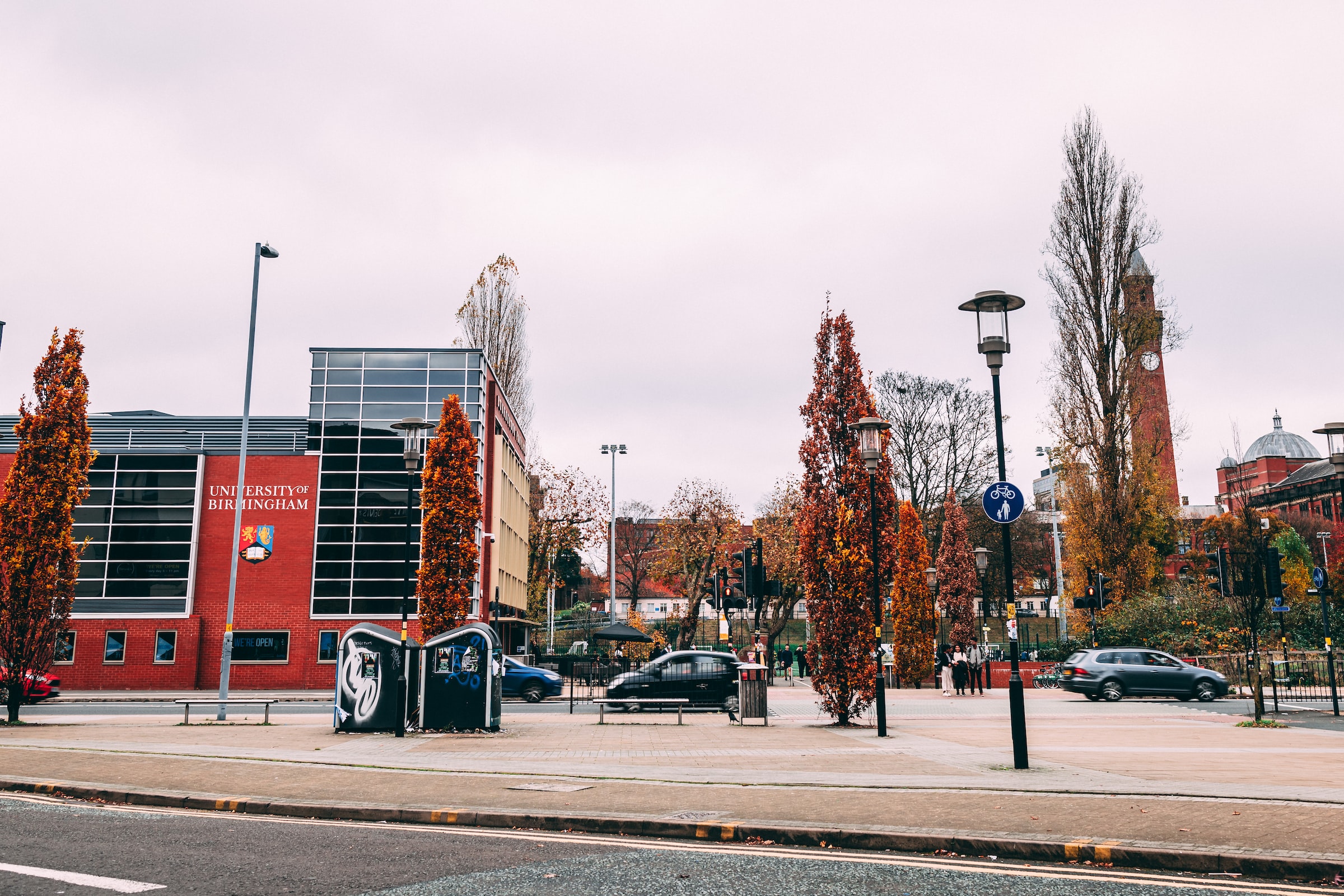
Comment Writer Tayte Thompson-James discusses calls to ‘decolonise’ the British curriculum, arguing the importance of educating students on black history
In light of the tragic death of George Floyd, an unarmed black man brutally killed at the hands of Minneapolis police officers on 25th May, thousands across the globe have turned to social media to demand justice for his death. Our feeds have shifted their focus away from the coronavirus pandemic to the pandemic of racism as an unprecedented number of people are engaging in honest, open and uncomfortable discussions about racial prejudice. Importantly, talks are not only centred around police violence in the US but also on our own British society and how, as a collective, we can work to become a more actively anti-racist country.
Social media has been overwhelming to say the least but has served as an invaluable tool in disseminating key information about relevant black organisations in need of donations, petitions to sign and Black Lives Matter protests to attend. Social media…has served as an invaluable tool in disseminating key information about relevant black organisations in need of donations, petitions to sign and Black Lives Matter protests to attend
The longstanding misconception that Britain is exempt from the types of violent racist practice seen in America is beginning to be dismantled, with the tagline ‘The UK is not innocent’ circulating online targeting The Metropolitan Police. Historically, British police have played a role as agents to state sanctified violence. According to INQUEST, Black, Asian and minority ethnic groups die disproportionately as a result of force and violence by the police, with their deaths being over two times greater than other deaths in custody.
Moving beyond the police force, institutionalised racism impacts all areas of British life. Black male graduates are twice as likely to be unemployed as their white counterparts; black women earn 39% less than white male staff at Russell Group Universities; the ratios for stop and searches of black to white men is respectively 7.6 to 1. The list goes on. These facts of life are nothing new for black people in Britain, but the lack of previous public awareness of these injustices prior to Floyd’s death points to failures within the British education system. More specifically, it highlights how the way history is taught in schools and within higher education is in need of serious reform.
Calls for a ‘decolonisation’ of the British national curriculum have been in discussion over the past few years, Calls for a ‘decolonisation’ of the British national curriculum have been in discussion over the past few years
As stated in their latest report, ‘The History National Curriculum in its current guise continues to disassociate Black people historically in favour of a more romantic, filtered legacy that positions Britannia as all-conquering and eternally embracive of ethnic and cultural difference’. If we do not begin to reverse the narrative surrounding the Empire, tied to nationalism and anti-immigrant rhetoric, racism in the UK stands little chance of being eradicated. It is only if we actively aim to understand black history and the importance of black voices in Britain that the murders of more innocent black lives can be prevented. Social media is certainly powerful but the responsibility to make young people aware of the historic roots of racism lies with our educational institutions and how they shape the mindsets of future generations. Racism is a global issue and all lives do not matter until black lives matter.
To sign the petition calling for school to teach British children about the realities of British imperialism, click here.
More like this…
Police Brutality Amidst COVID-19: Does Racism Take a Break?
Comments